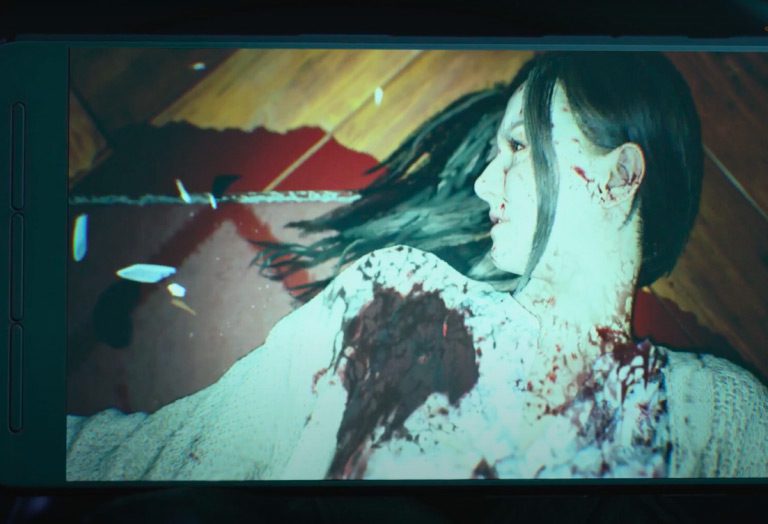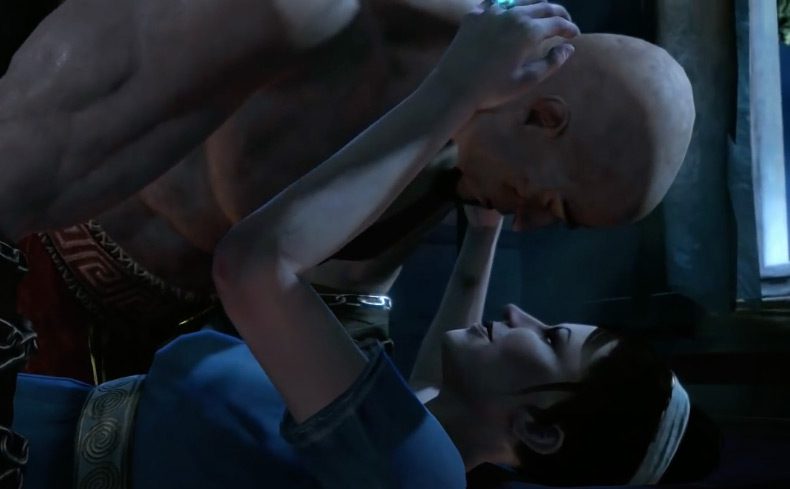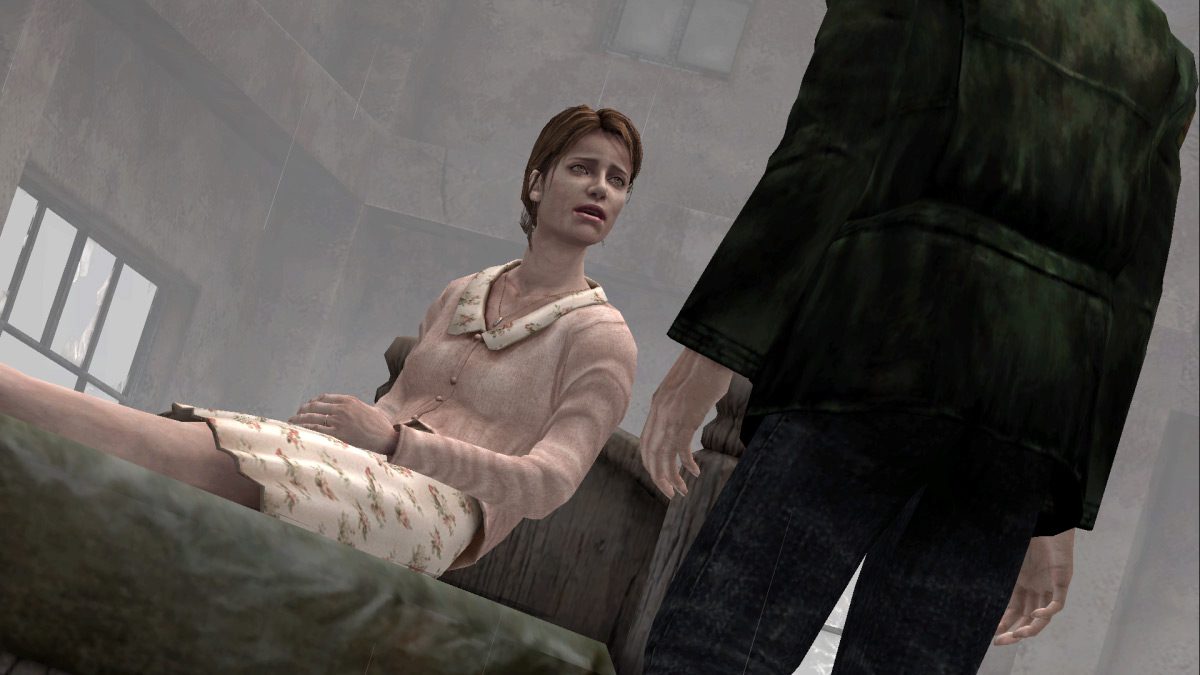Let’s talk about wives, the dead kind.
Video game wives are shot, kidnapped, afflicted with terminal illness, thrown in the back of cars, and presented to players dead on arrival. The memory of their briefly sexy existence penetrates their brooding white husbands’ psyches like a bleach stain or hot oil splatter, blemishing and permanent, giving the protagonist a molded-over personality trait that might double as his only personality trait. Once the wife is dead, that’s how you know the real game is getting started; her death often motivates plot, characters, and acts as the story’s primary creek of emotional depth.
You might know the dead wives under their broader category “women in refrigerators,” a familiar trope. You can find these women stuffed everywhere in art across history and form, like the movie Up, the book Wuthering Heights, or the song “’97 Bonnie and Clyde” by Eminem. The term was created by comic book writer Gail Simone for her 1999 website that intended to catalogue “superheroines who have been either depowered, raped, or cut up and stuck in the refrigerator,” but has since expanded to refer to female characters in general who are hurt for plot.
[Spoilers for Resident Evil Village — and God of War and Silent Hill 2 — below.]
All kinds of women have been chucked into the refrigerator, perhaps with decreased bravado as the years go on and male writers purportedly raise their social awareness bar, but the dead wife, for whatever reason, remains limp behind the carrots in the crisper.

In Resident Evil Village, while people online fantasize about their undead wife, Lady Dimitrescu, Mia Winters is presumed dead (again), imprisoned (again), only to wind up with a dead protagonist husband (presumably). In the most recent God of War, protagonist Kratos’ dead wife Faye’s entire purpose is to be dead. And, like, prophesize.
Before that, in the original God of War, Kratos murders his first wife, Lysandra, and only daughter, Calliope, in a bloody, flaming house because, well, he just couldn’t help it. In Silent Hill 2, Mary Shepherd-Sunderland gets smothered with a pillow because her protagonist husband James thinks she’s too ugly.
You know all this. Like I said, this is familiar. Women get hurt in real life and women get hurt in art, it’s something that should change but doesn’t, it’s no secret. But in video games, when you play as Ethan, or Kratos, or James — searching through scummy forests, poring over cryptic letters, preparing the body for cremation all on their behalf — you start to feel like their dead wife is kinda your dead wife, too. Other art forms allow a degree of separation between you and the plot device. You can recognize the dead wife for what she often is: a lazy way to build a protagonist’s backstory and work in a woman character without creating her thoughtfully, or, even worse, hiring more women writers.

But video games make you, the player, feel directly benefited from a wife’s death. Suddenly, you’re the brooding, marbly-skinned shooter, avenger, or god. Yeah, it sucks that your wife is dead and all, but if she wasn’t, then you wouldn’t have Pyramid Head or Dante’s Inferno. It doesn’t feel as bad to murder women characters for plot when you get to experience it at a cool distance, especially when so few game protagonists are women, making their role feel limited anyway.
I’d like to see more studios and gamers actively take issue with this. Video games are places for fantasy, diversity, and wild ideas. They’re new worlds borne from a seamless blend of art and tech, places where anything feels possible. Why can’t that ethos be applied to the women in them? We can do more than just die.













Published: Jul 8, 2021 8:30 PM UTC